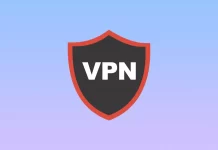The process of submitting a job application can be complex, with numerous platforms available: LinkedIn, job boards, and company websites. However, a careful examination of recruitment practices and applicant tracking systems reveals that applying directly through a company’s website offers distinct advantages.
Submitting your application via the company’s website often garners more focused attention from recruiters and allows for a more tailored application that aligns with the company’s culture and specific requirements. Although this process can be more time-consuming due to navigating the company’s careers portal, the outcome is often more favorable compared to using mass job boards.
Job Boards vs. Company Websites
Job Boards
Job boards offer a convenient way to apply for multiple positions quickly, increasing your chances through sheer volume. However, this mass application approach has its downsides. Due to the large number of applications, recruiters often use automated filters, which means your resume might never be seen by a human. Additionally, job boards don’t allow for the level of personalization needed to stand out in today’s competitive job market.
Direct Applications Through Company Websites
Applying directly through a company’s website requires more effort but can yield significant rewards. Your application is entered directly into the company’s applicant tracking system, which often leads to a more thorough review. Recruiters tend to see these applications as a sign of genuine interest in the company, not just any job. Additionally, the company’s website often provides insights into its culture and values, helping you to customize your application more effectively.






